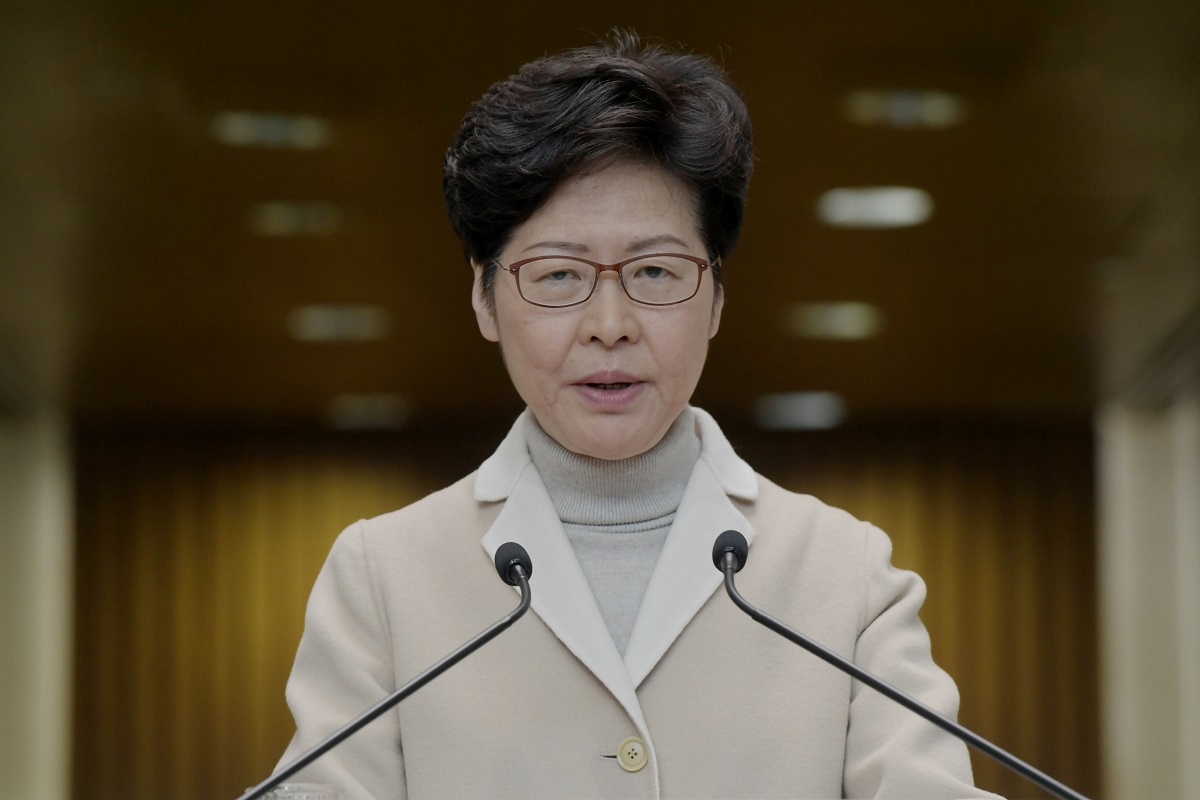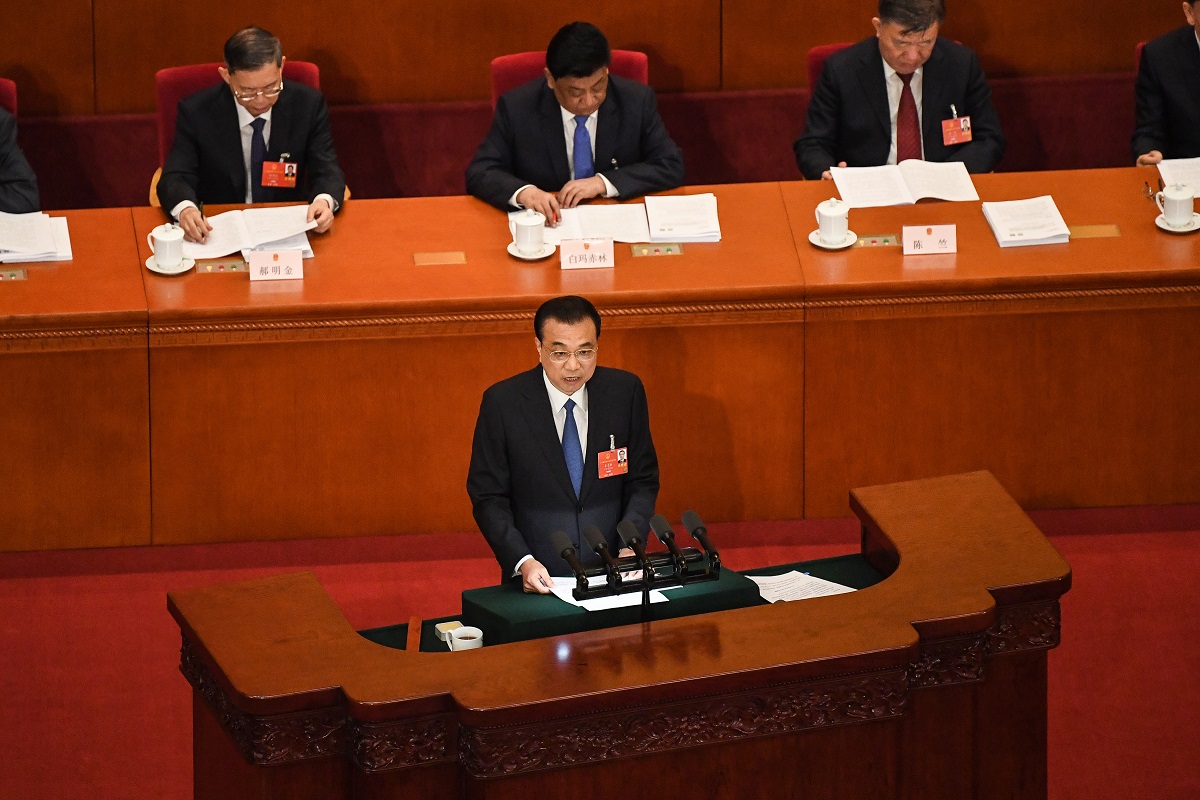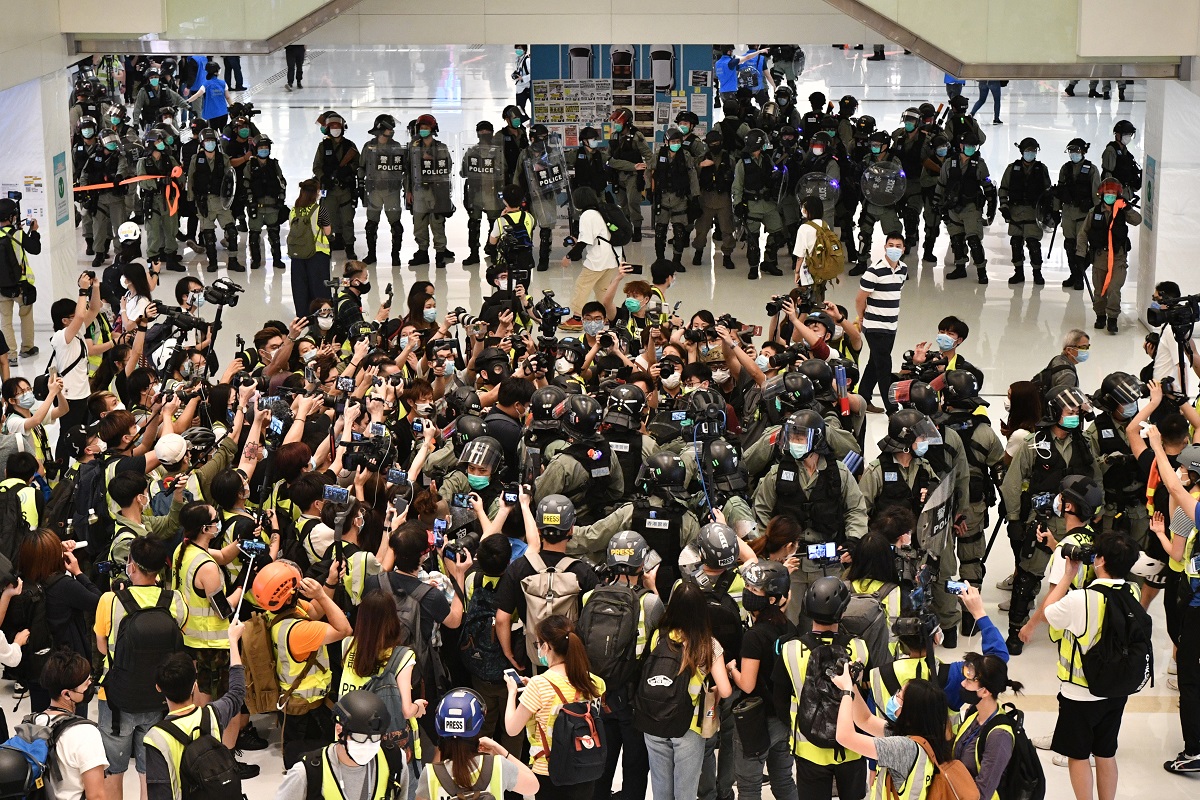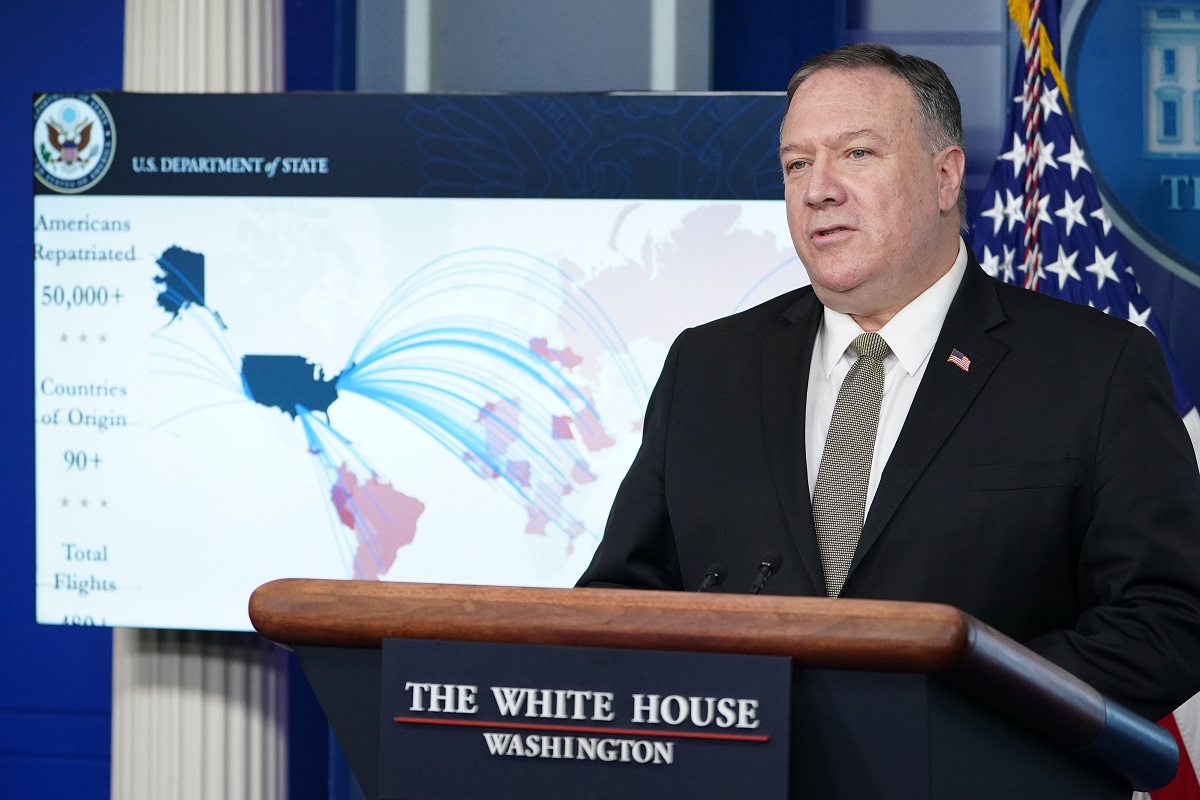Hong Kong leader Carrie Lam urges oppn not to ‘demonise’ security law
The law Beijing is imposing on Hong Kong aims to prevent, stop and punish secession, subversion of state power, terrorism and foreign interference in the city.

The law Beijing is imposing on Hong Kong aims to prevent, stop and punish secession, subversion of state power, terrorism and foreign interference in the city.

The massive violent protests in Hong Kong started last year in June against proposals to allow extradition to mainland China, a move many feared would undermine the city’s judicial independence and endanger dissidents.

Police arrested more than 230 people on Sunday night following protests across the city.

The appeal for flash mobs came after police denied unions permission to stage their traditional Labour Day rallies, citing risks to public health.

The arrests of the 15 were for their roles in the protests in August and October that were part of an anti-government movement that was sparked by the aborted extradition bill.
The two leaders also discussed North Korea and the denuclearisation of the Korean peninsula, the spokesman said.
There were 123 complaints of protests-related misconduct against teachers between mid-June and late November, Education Bureau said.
Officers also seized a radio-controlled detonation device and protective gear, including shields, bulletproof vests, a steel plate and gas masks at the scene.
The Mass Transit Railway (MTR) Corporation said black-clad "rioters" hurled petrol bombs at two escalators and a shop at the Ngau Tau Kok station in Kowloon at around 1 a.m.
The government was at least partly responsible for the election result, she added.